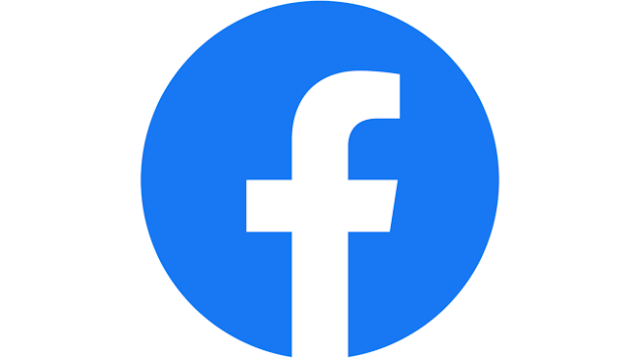Facebook is a social media platform founded in 2004 by Mark Zuckerberg. It has since become one of the largest and most influential companies in the world, with over 2.9 billion monthly active users as of 2021. Facebook has changed the way people connect and connect. communicate with each other, and this has had a profound effect on our society and culture.

One of Facebook's flagship features is its News Feed, which displays a user's friends and the Pages they follow. News Feed is algorithmically driven, meaning that Facebook's algorithms determine what content to display to users based on their interests, interactions, and other factors. This has raised concerns about Facebook's influence on the spread of misinformation and fake news, as well as the platform's impact on mental health and wellbeing.Facebook has also faced criticism for its handling of user data and privacy. In 2018, it was revealed that Cambridge Analytica, a political consulting firm, had obtained data on millions of Facebook users without their consent. This sparked public outrage and calls for greater regulation of Facebook and other social media platforms.

In response to these concerns, Facebook has taken steps to improve its policies and practices. It has implemented measures to combat misinformation and fake news, such as partnering with third-party fact-checkers and labeling posts containing misinformation. It has also made changes to its algorithms to prioritize content from friends and family over content from publishers and brands.Despite these efforts, Facebook remains a controversial and polarizing platform. Some argue that it has played a positive role in connecting people and promoting social causes, while others see it as a source of division and harm. As Facebook grows and evolves, it will continue to be a topic of debate and discussion for years to come.Indeed, despite Facebook's efforts to address some of the concerns raised about its platform, it remains a controversial and polarizing platform. One of the main reasons for this is that Facebook's impact on society is complex and multidimensional, and its effects can be both positive and negative.On the one hand, Facebook has enabled people to connect and communicate with each other in ways that were previously impossible. It has facilitated the sharing of information and ideas, and has played a role in promoting social causes and political movements. For many people, Facebook has become an essential tool for keeping in touch with friends and family and for building and maintaining social networks.On the other hand, Facebook has been criticized for its role in spreading misinformation and fake news, as well as its impact on mental health and well-being. Studies have shown that excessive use of social media, including Facebook, can lead to feelings of loneliness, anxiety, and depression, as well as decreased self-esteem and social skills. Facebook has also been accused of promoting polarizing content and exacerbating political division, as its algorithms prioritize content that is more likely to generate engagement, regardless of its accuracy or fairness.In addition, Facebook has faced scrutiny over its business practices, particularly with regard to user data and privacy callgirlgurugram. Critics argue that Facebook's collection and use of user data is invasive and unethical, and that the company has not done enough to protect user privacy or prevent misuse of user data.Finally, while Facebook has made efforts to address some of the concerns raised about its platform, it remains a controversial and polarizing platform. Its impact on society is complex and multidimensional, and will continue to be a subject of debate and discussion for years to come.





Comments
Post a Comment